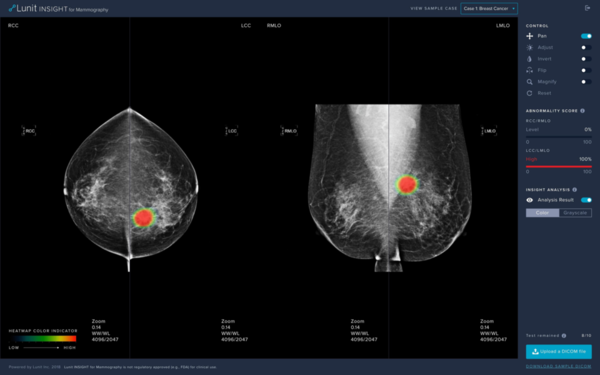The Ministry of Food and Drug Safety has set about to become an advanced regulatory agency for artificial intelligence-based medical devices.

The ministry said it hosted the regular meeting of the Artificial Intelligence Working Group within the International Medical Device Regulators’ Forum (IMDRF) from Thursday to Saturday.
IMDRF is a consultative body of regulatory authorities formed to harmonize and unify international regulations on medical devices throughout the entire cycle before and after their development and commercialization. Eleven countries, including the U.S. and EU, are participating in it. Korea served as a chair country last year.
According to the ministry, the participants in last week’s meeting examined mid- to long-term plans of the working group and proposals for working out new guidelines while discussing ways for cooperation with the working group for software medical devices within the IMDRF.
The working group’s mid- to long-term plans contained its future roadmap, including the explanation of key terms in 2022, regulatory designs, including those to be changed and managed, in 2023, manufacturing and quality control in 2025, things to consider before market launches in 2027, and the monitoring of actual use after marketing in 2027.
The ministry explained that it worked out the mid- to long-term plans, gathered 33 opinions from member nations from June and September, discussed its improvement plans, and exchanged views on guidelines needed for each phase at the meeting.
The Korean regulatory agency expects the mid- to long-term plan to exert influence on the regulations of AI medical devices not only in Korea but in advanced countries, such as the U.S., the EU, and Japan. Earlier, the ministry led the AI medical device guidelines through the working group and had the IMDRF officially approve it as a common international guideline.
After hosting the working group meeting, a ministry official expressed confidence, saying, “It is already well-known that AI medical device is the area where Korean can best excel others.”
Commenting on the examination of the mid- to long-term plans at the meeting, the official said, “As IMDRF approved AI medical device guidelines in May, a frame has been made. What’s left is how to fill contents in it.”
In Korea, the ministry has also continued to publish and distribute guidelines on licensing AI medical devices and conducting clinical trials.
Beginning with the guideline on AI medical device approval and screening and assessing the effectiveness of AI-based medical devices in 2017, it published the guideline on a clinical decision support system (CDSS) medical device clinical trial regarding coronary artery stenosis, breast cancer, lung cancer, lung nodules, and ischemic stroke in 2019.
In 2020, the ministry published the guideline on the safety evaluation and clinical trial plan assessment of assistant software concerning prostate cancer, colon cancer, and the detection and diagnosis of the brain image.
According to the ministry, it has approved 139 AI medical devices – 124 for domestic manufacturing and 15 for import.

